Featured
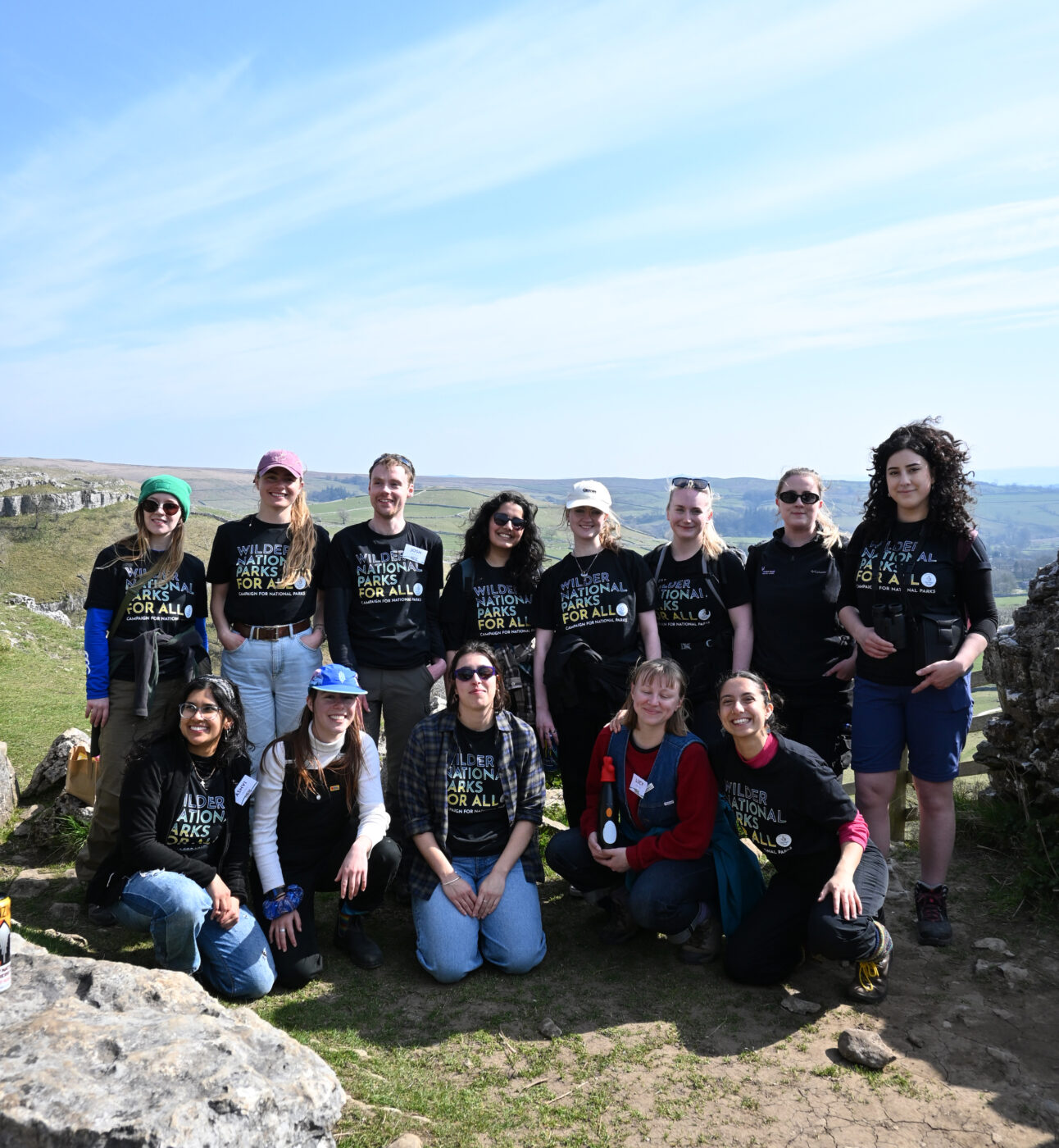
Our 2025 Highlights
While 2025 may have been a difficult year for nature, our supporters have enabled us to rise to the challenges and carve out some significant wins for National Parks.
The views presented are the author's and not necessarily those of Campaign for National Parks. We are committed to encouraging an open debate about key issues affecting the National Parks. If you are a journalist with a general enquiry or would like to find out more about our campaigns, please email our Senior Communications Officer Harriet at [email protected]
Featured

While 2025 may have been a difficult year for nature, our supporters have enabled us to rise to the challenges and carve out some significant wins for National Parks.
Featured

Andrew McCloy, Chair of Trustees at Campaign for National Parks reflects on last week’s uplifting Radical Futures event.
Featured
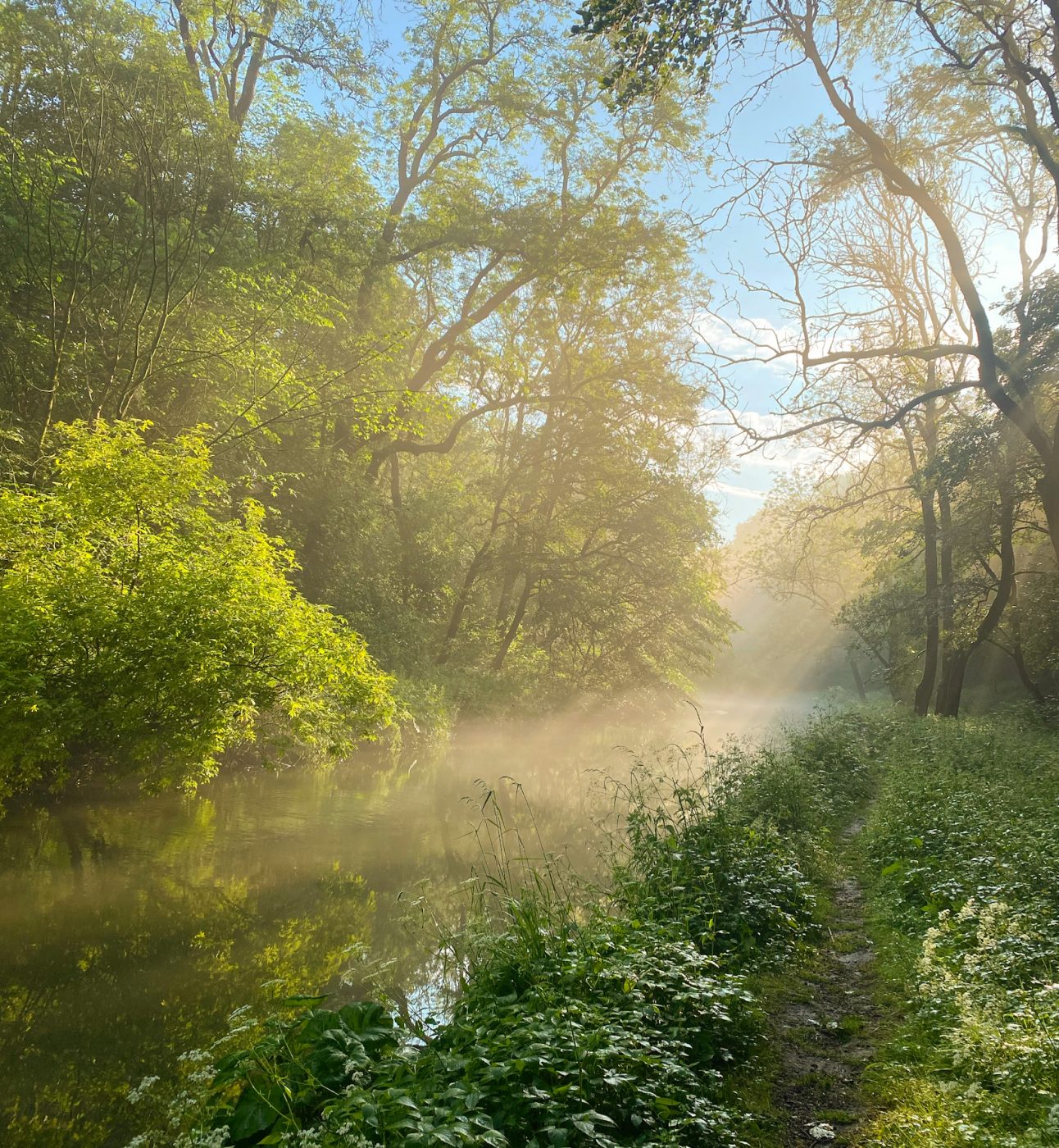
Here are five key facts about what the new duty means for planning decisions which show just how wrong some of the myths being peddled are.
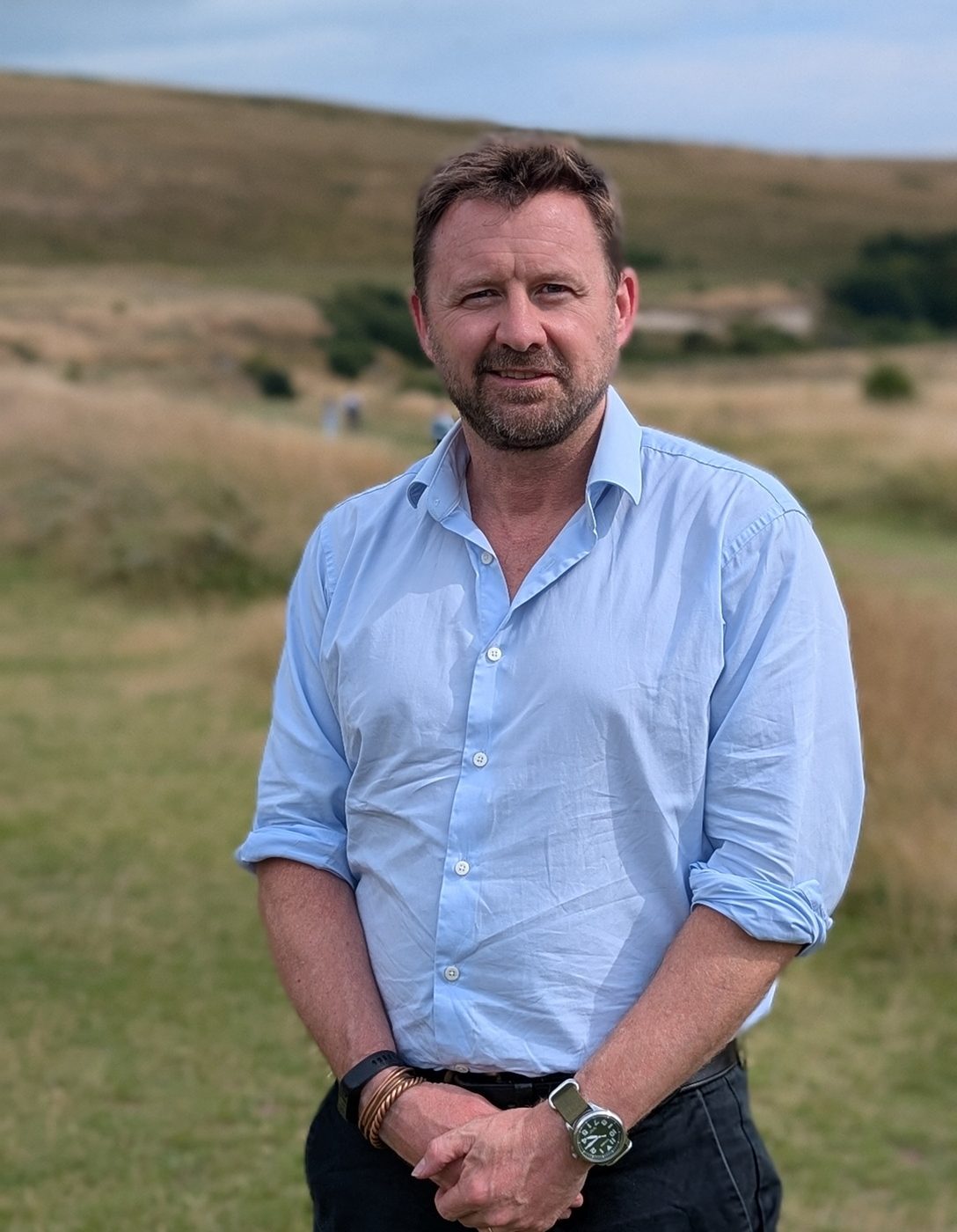
Siôn McGeever, Chief Executive of the South Downs National Park Authority, explains why water is at the top of the agenda as he calls for a united response to the river crisis.
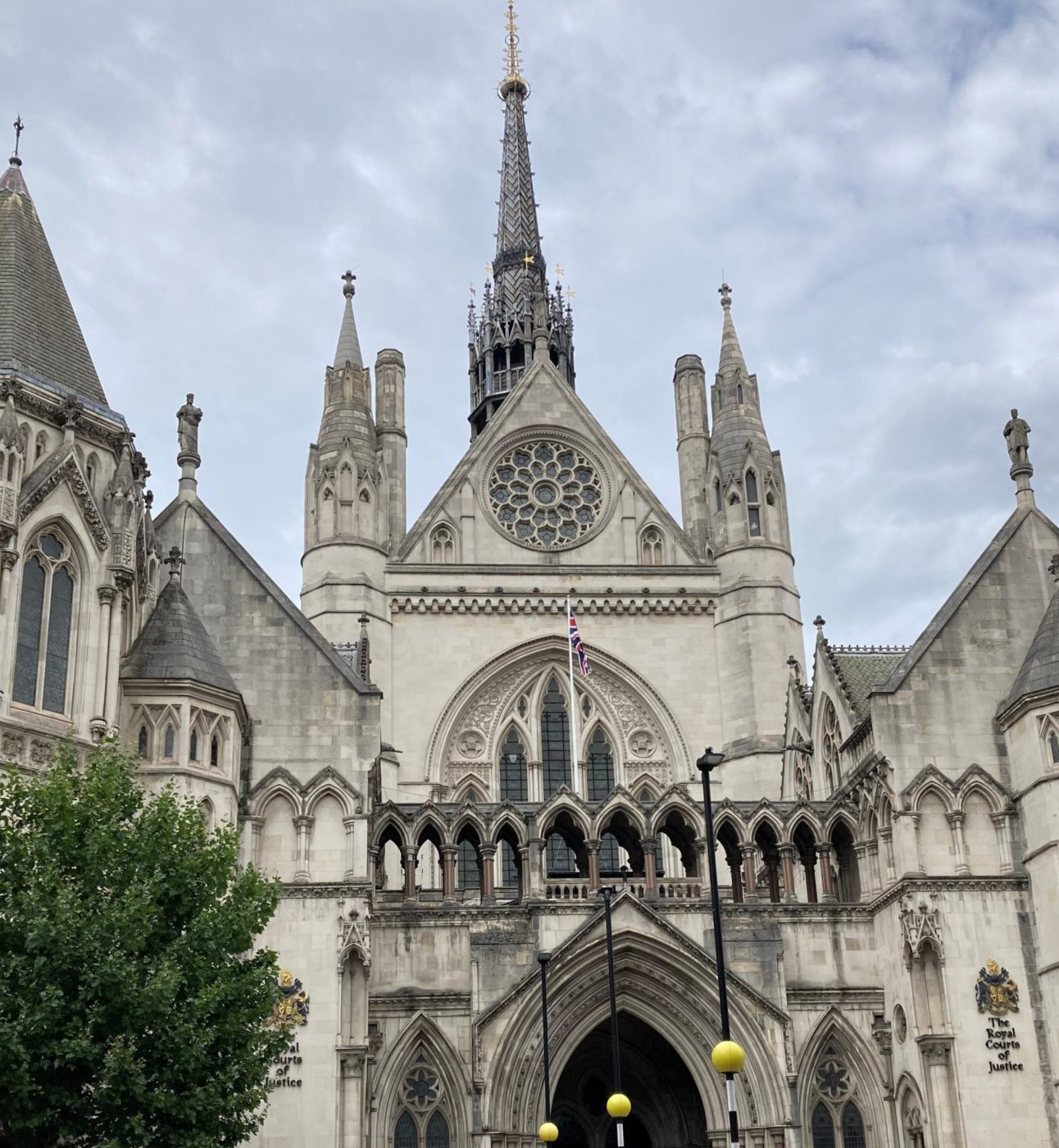
After the change in law in 2023, what the precedent-setting High Court cases mean for National Parks law.
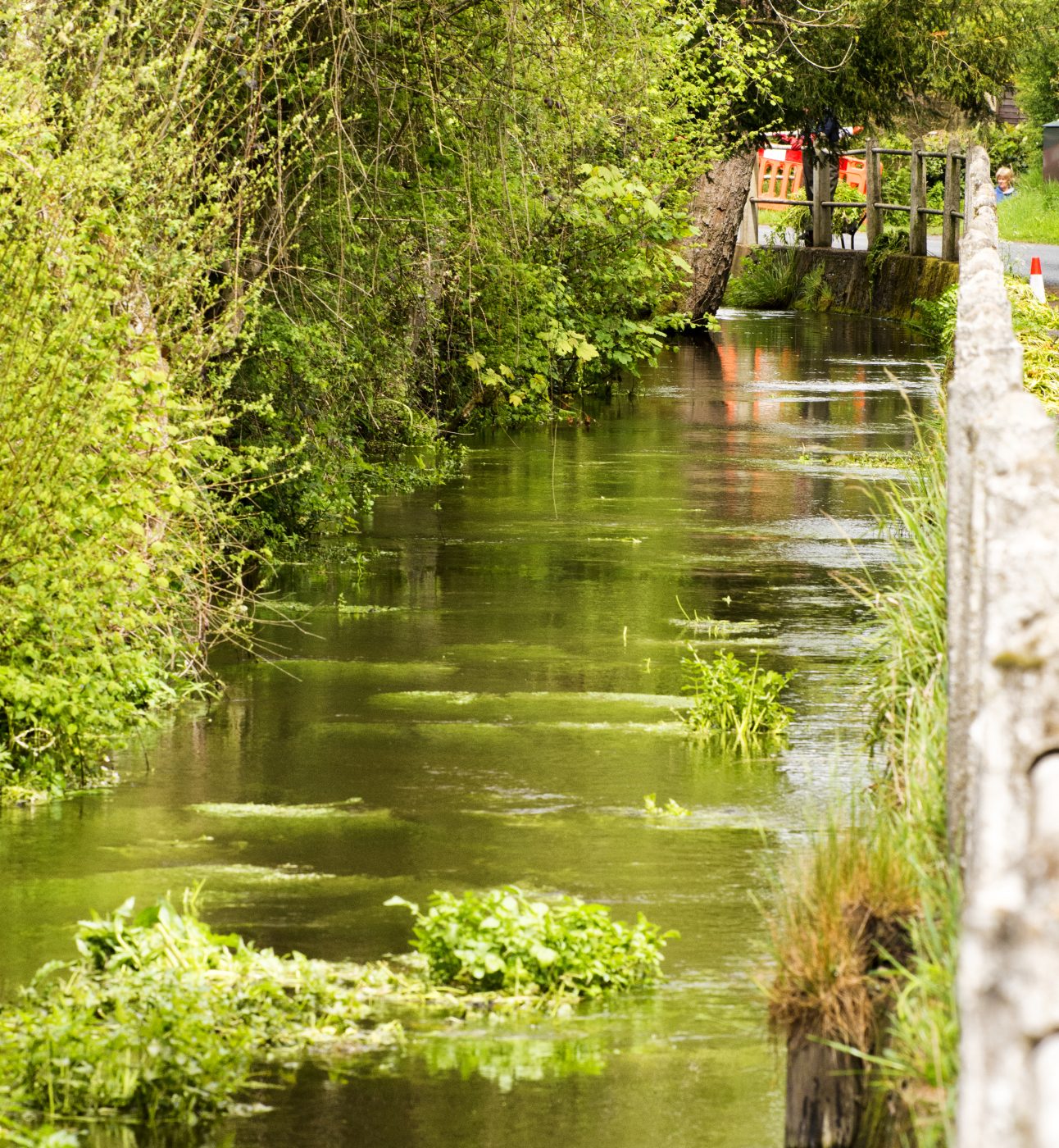
Chalk streams are one of the rarest freshwater habitats, many of which are found in England’s National Parks.
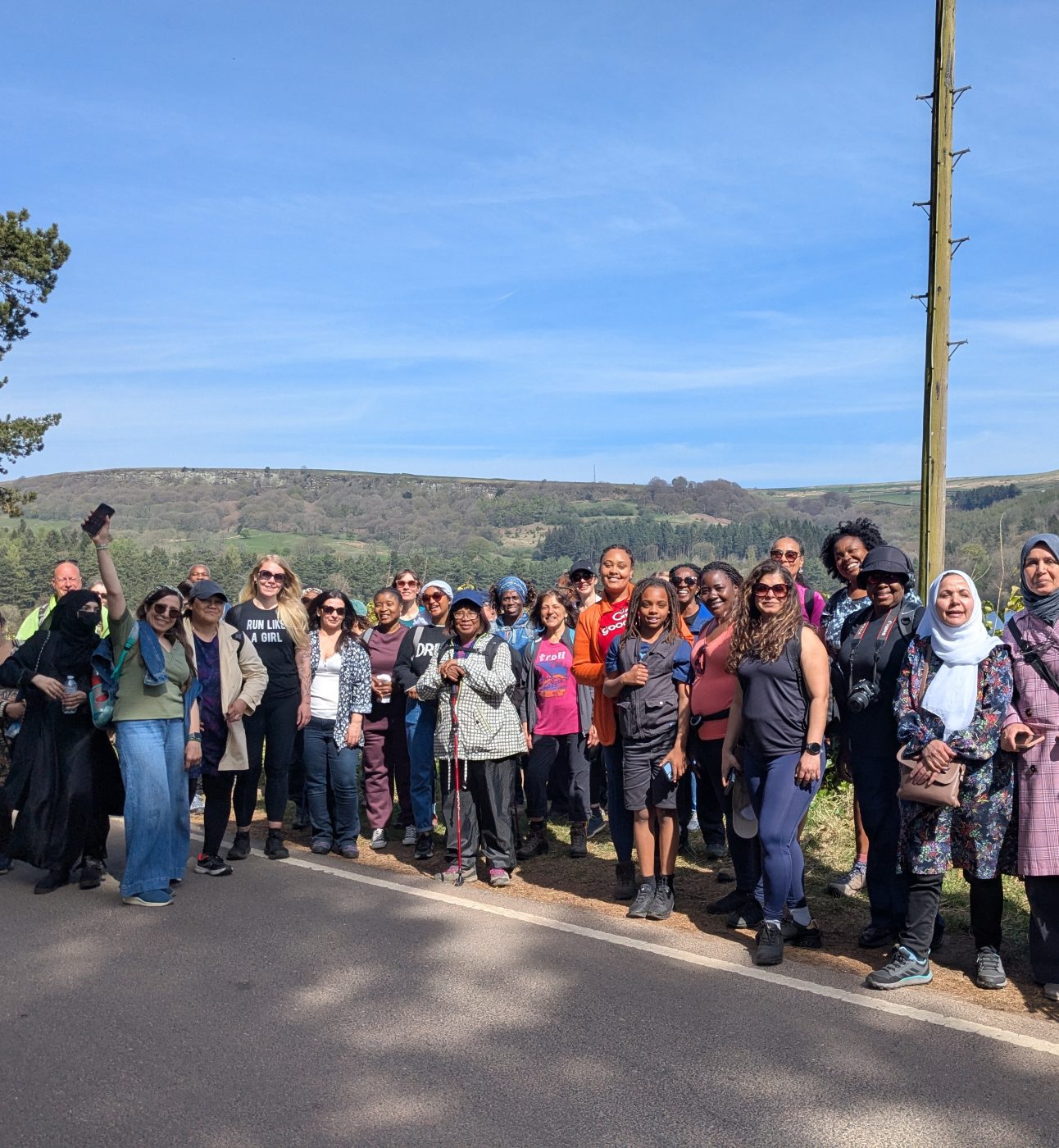
The Championing National Parks for Everyone project from Peak District Mosaic is supporting diverse communities to access these beautiful green spaces.
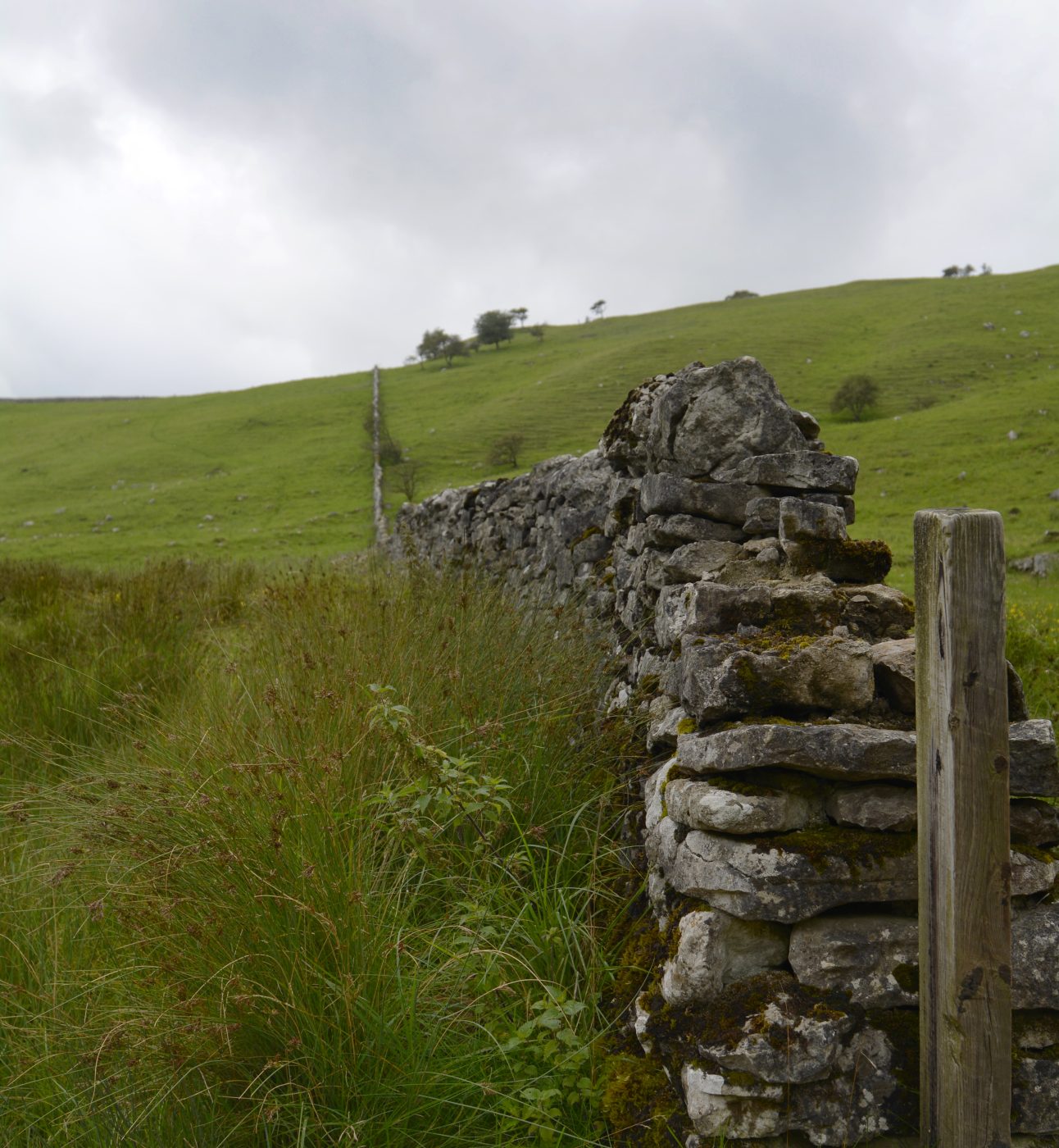
Sarah Whiteley, Senior Historic Environment Officer for the Yorkshire Dales National Park, explores the intersectionality of nature recovery and the historic environment
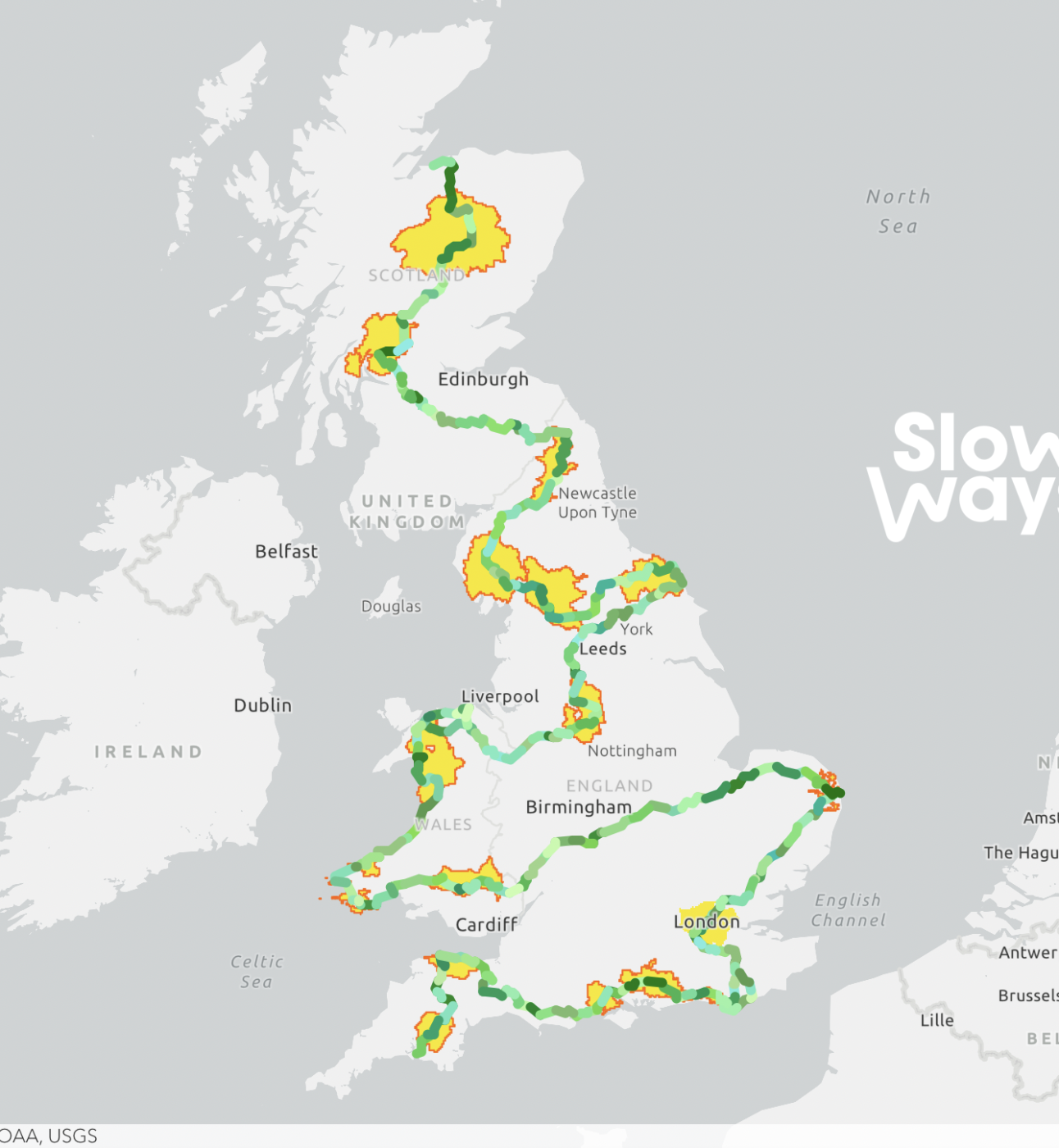
Daniel Raven-Ellison, founder and CEO of Slow Ways, a not-for-profit Community Interest Company, shares a vision for a National Parks Trail and how we can bring it to life.
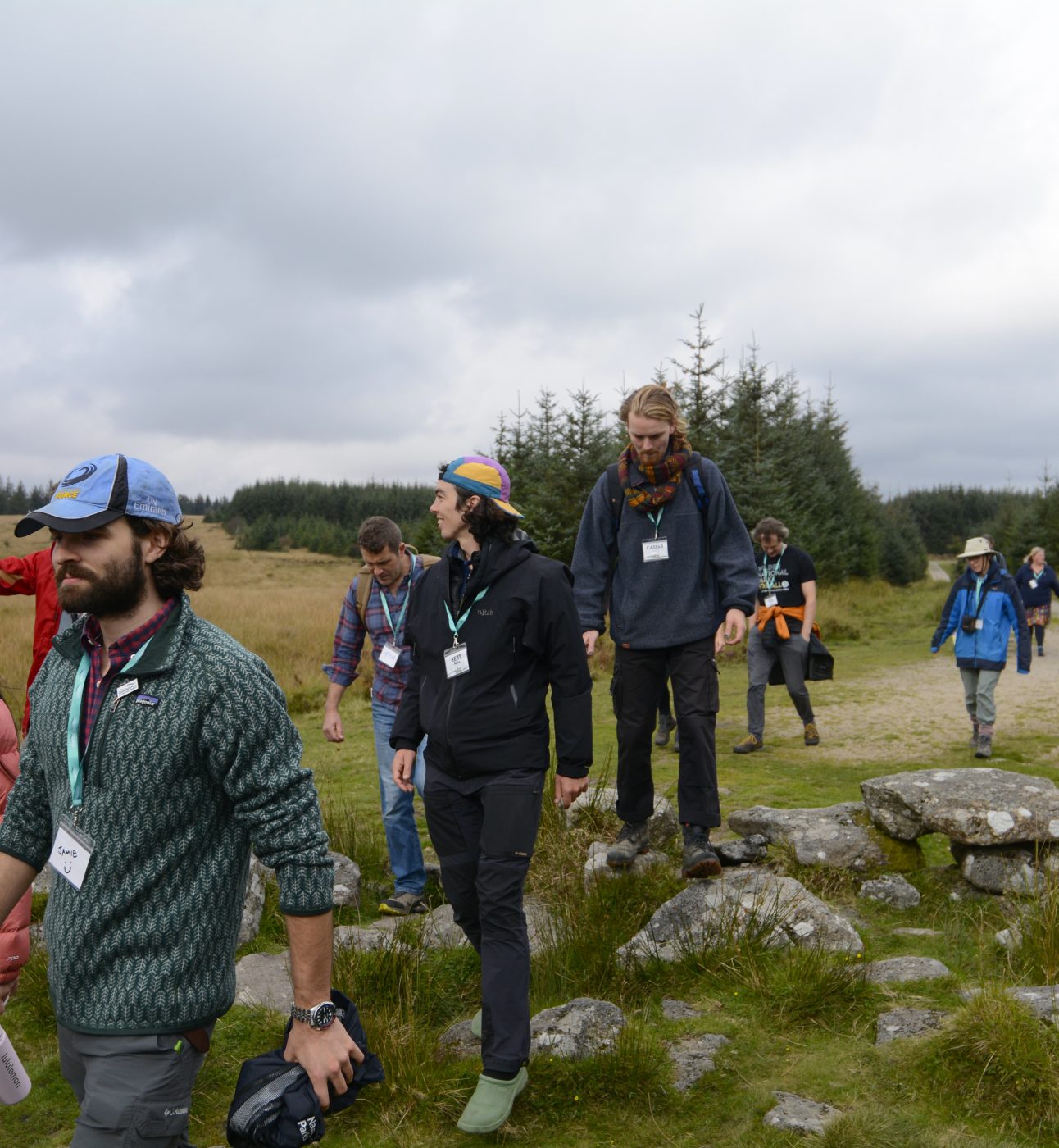
We explore why National Parks are the perfect destination for walking, and how they boost our mental and physical health.
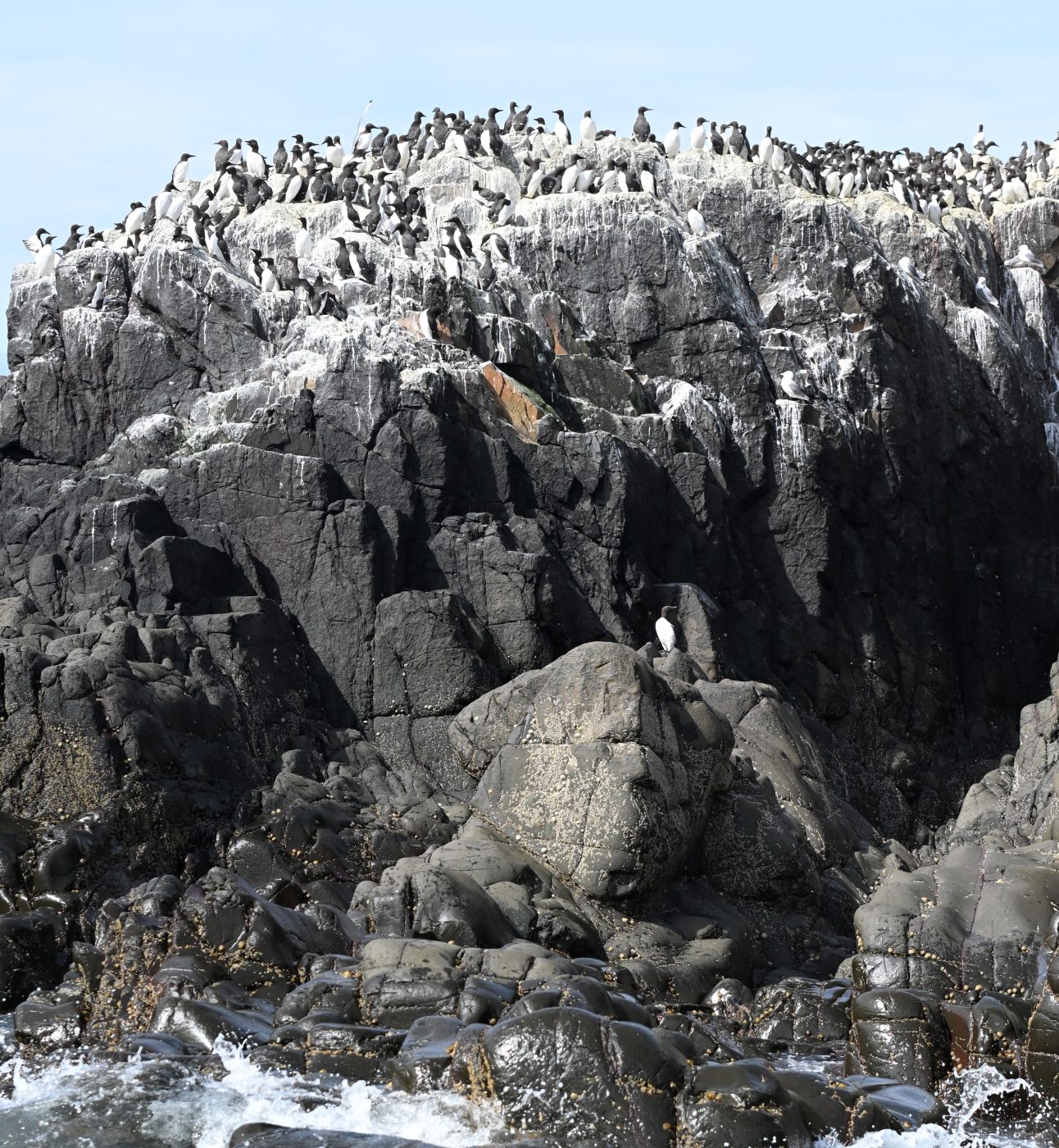
National Marine Park Lead Ffion Mitchell-Langford keeps us up to date on the latest work on National Marine Parks.
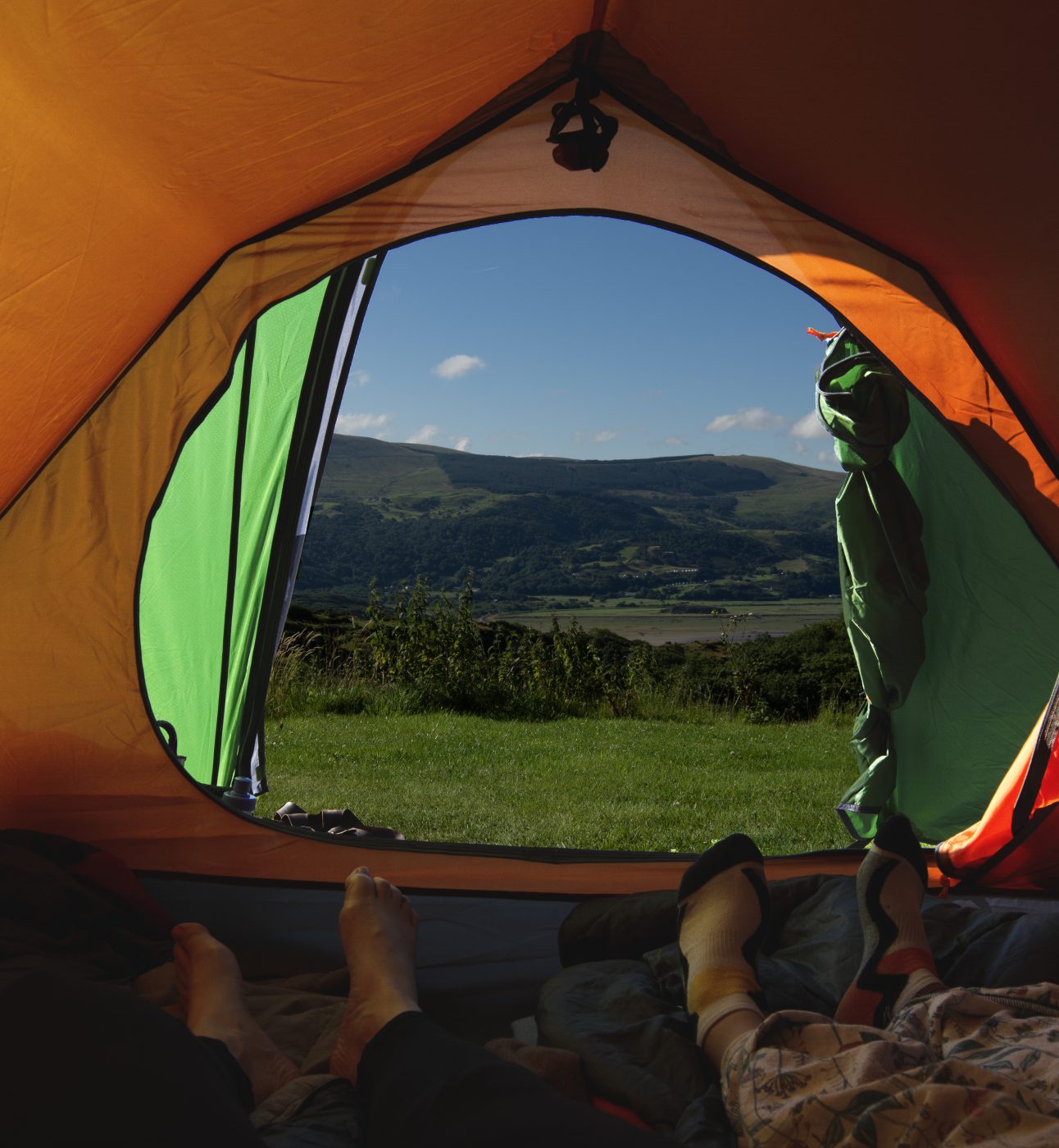
With the right to wild camp on Dartmoor protected, we've put together a beginners guide to keep you safe and informed on your next National Park adventure.
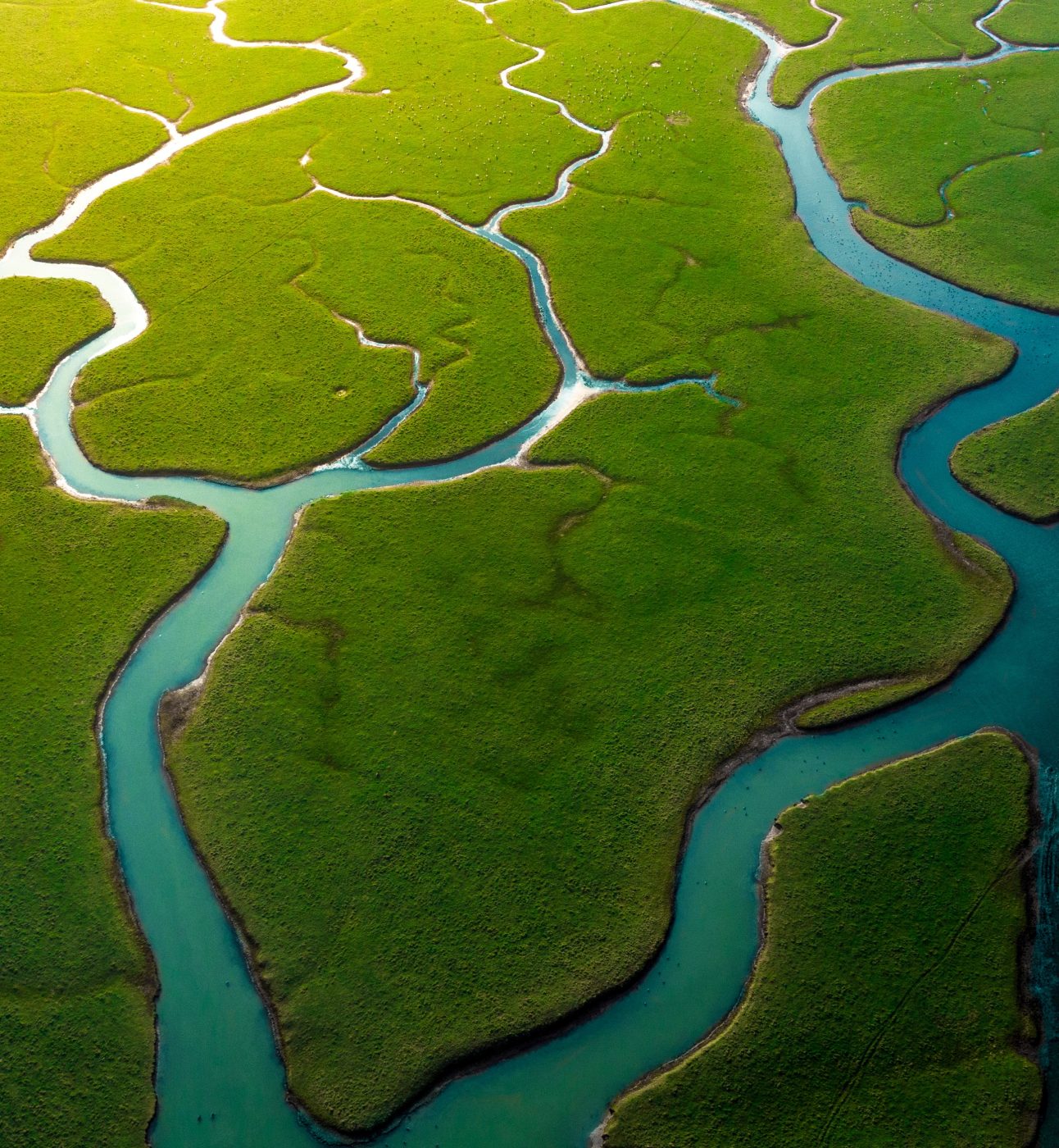
Chief Executive, Rose O’Neill, outlines our response to the Cunliffe Review and the next steps in our water campaign